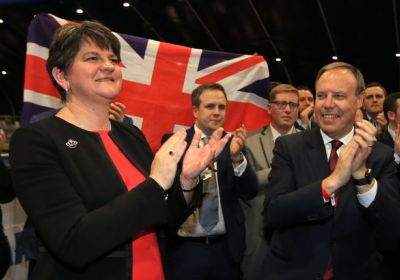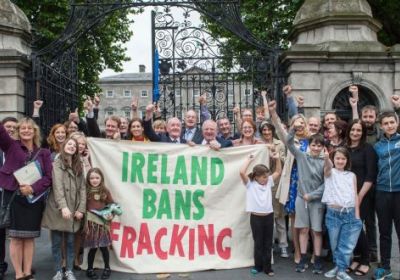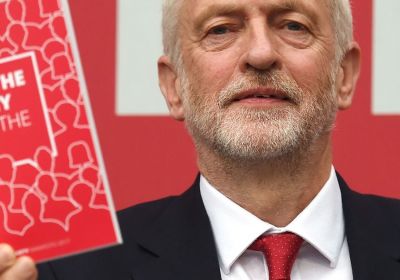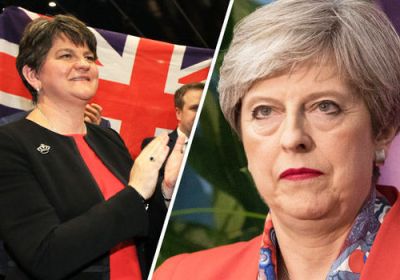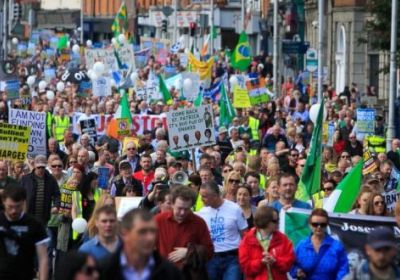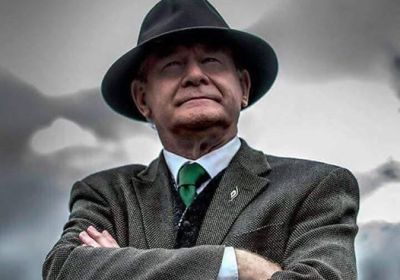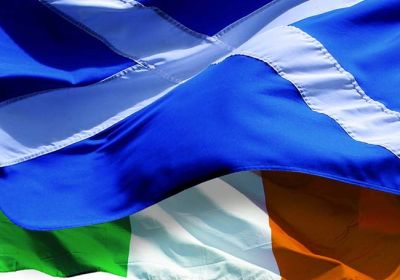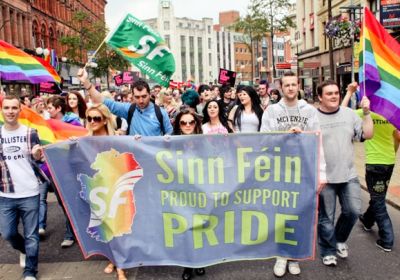-
-
-
-
-
-
-
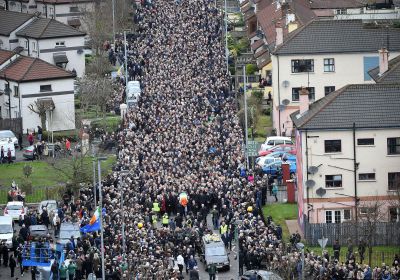
"Grief turned to pride for Sinn Fein this week as tens of thousands paid their respects to a leader who came to symbolise peace in Ireland and the process through which the Provisional IRA gave birth to a political powerhouse," Irish Republican News said of the March 23 funeral of Irish republican leader Martin McGuinness.
-
-
-
-
-
Ireland
Ireland
